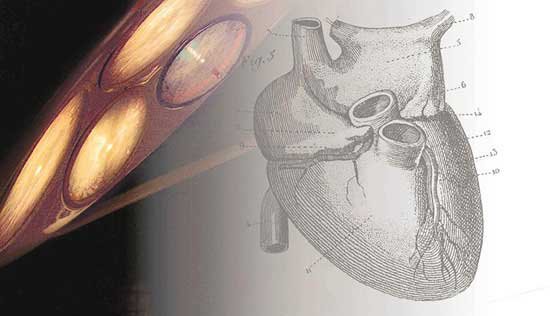Posted July 22, 2007
Families of organ donors get a day of honor
Manawa couple among those recognized in Washington, D.C.
By Ellyn Ferguson Post-Crescent Washington bureau
WASHINGTON — Tears flowed as several hundred people were honored Sunday for deciding to donate organs or tissues from their loved ones at death.
“Donor families have been able to overcome personal sorrow to make a decision to help others by making the gift of life. This is a way for me, for all of us, to help recognize this legacy of life that all donors have created,” acting Surgeon General Kenneth P. Moritsugu told the audience attending the 10th National Donor Recognition Ceremony and Workshop.Mortisugu, whose family donated organs from his late wife and daughter, counted himself among those who know what it means to hope that death can aid the living.At the Renaissance Hotel in downtown Washington, families and living donors of kidneys and tissues such as bone marrow received thanks from people who have received organ transplants, praise from government officials and palm-sized medallions. Songwriter Hunter Brucks played his new composition, “Second Chance,” about organ donations as a second chance for seriously ill people.For Manawa’s Allan and Nicki Ziepke, the decision in June 2005 to allow a transplant team to remove the liver, heart, pancreas and both kidneys from 7-year-old son, Noah, after he was declared brain dead made sense. Noah died three days after swallowing a small ball he had popped into his mouth in a game of keep-away with one of his younger sisters.“The donation has made him immortal. That honestly is what has helped me cope (with Noah’s death),” said Allan Ziepke, a 32-year-old printer.The Ziepkes said they wanted some good to come from their tragedy.“The youngest (recipient) was less than a year old and the oldest was a 70-year-old man,” Allan Ziepke said.The idea of immortality, of giving a possible gift of life was a recurring theme at the three-day conference for donor families, living donors, organ recipients and organ transplant workers. The National Kidney Foundation, the National Donor Family Council and Health Resources and Services Administration, a part of the Department of Health and Human Services, sponsored the event.The people who attended the conference are on the front lines of an ongoing effort to meet the demand for vital organs and tissues, such as blood vessels, heart valves and corneas. About 97,000 people are on a national waiting list for transplants. About 18 of them die each day before an organ match can be found.Ola Graham-Ballinger cherishes a note from a 56-year-old man who received the heart of her 16-year-old son, Mark, who was shot and killed in July 1990.The man wrote that he had been able to walk his daughter down the aisle at her wedding.“It was like a new life (was created). I became an advocate for organ donation. I wanted to let people know about other people giving the gift of life,” said Graham-Ballinger, a resident of Washington, D.C. She and her four surviving children have signed organ/tissue donor cards.Sherry Berrier of Lexington, N.C., copes with the death of husband Ken, 52, in October 2005, and son John, 23, in October 2006, by thinking “about how many lives” they may have saved with their organs.Berrier made the trip here because “I wanted to be with people who have experienced what I have. I get strength from them. They get strength from me.”Berrier and others attending the conference had the option of attending workshops or relaxation, coming to terms with grief and learning more about organ transplants.Families also contributed patches for more than 20 panels of quilts.A patch for Tristan Copeland, who died just after his ninth birthday, declared “Don’t take your organ to Heaven. Heaven knows we need them here. Make a miracle. Tristan did.”A patch for farmer Keith A. Spears of Chandler, Ariz., decorated with a heart and a little red tractor, succinctly traced the give-and-take of organ donation.“Heart recipient 3/16/92. Cornea donor 5/6/2000,” the patch said.The Ziepkes, whose trip was paid for by the Wisconsin Donor Network, are thinking about designing a patch for Noah. But they plan to take their time and get it just right.“He’d always been a compassionate and helpful child,” Allan Ziepke said.
Ellyn Ferguson: 202-906-8116, or eferguson@postcrescent.com

No comments:
Post a Comment